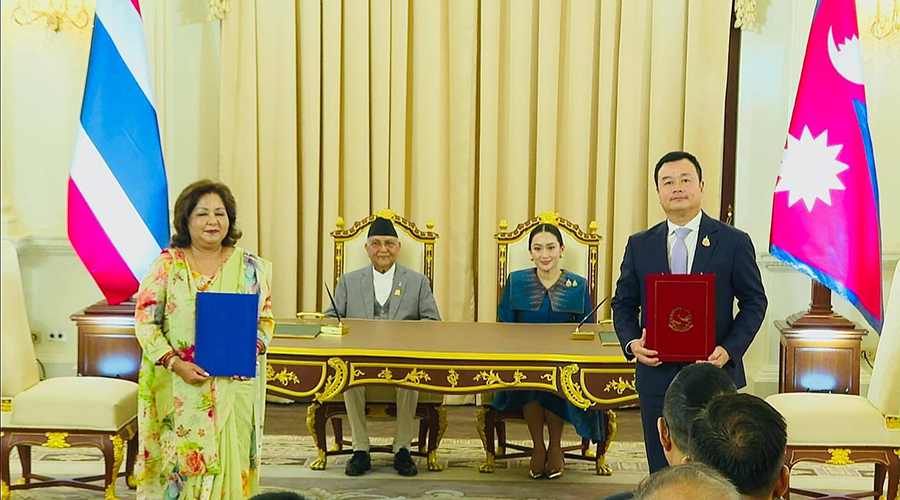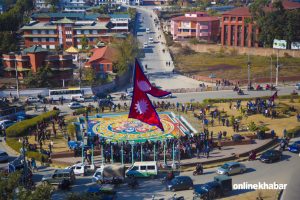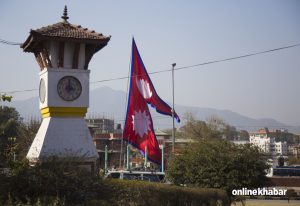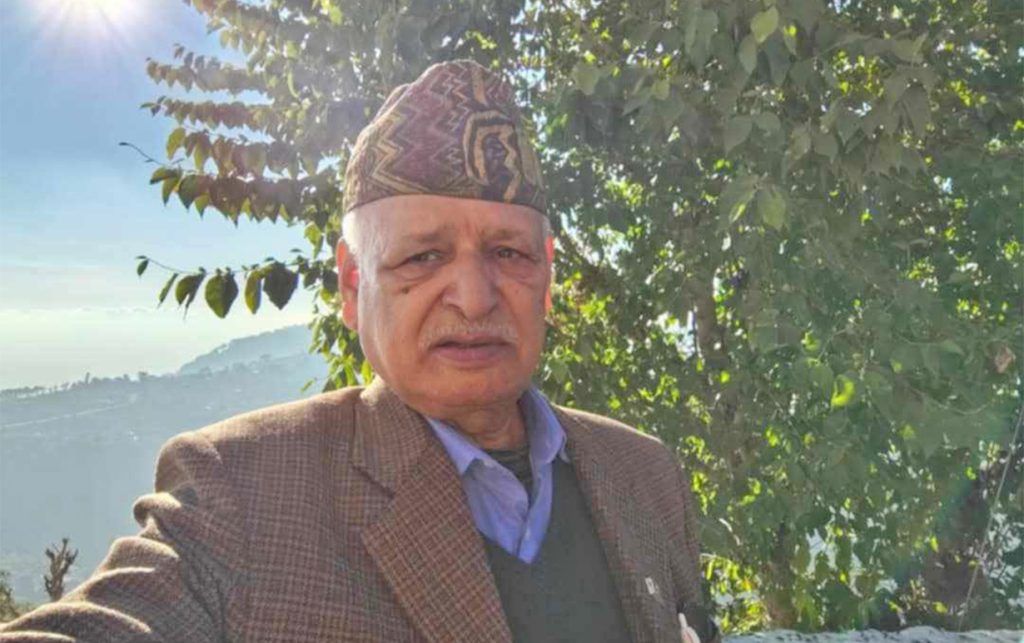
The concept of balance of power refers to the distribution of political, economic, and military power among different actors in a society or international system. In developing countries such as Nepal, the balance of power is crucial for several reasons.
Developing countries often have weak and fragile political institutions that are susceptible to corruption, authoritarianism, and abuse of power. This is because they lack the robust political systems that are developed in developed nations, such as strong political parties, an independent judiciary and an effective media that can hold politicians accountable.
As a result, it is common for leaders in developing nations to use their power to enrich themselves and their supporters at the expense of the wider population. This concentration of power in the hands of a few individuals or groups can lead to an unequal distribution of resources and opportunities, exacerbating social and economic inequalities. In such environments, a lack of balance of power can have serious consequences for society.
Hence, in the context of Nepal, it can be fairly argued that fixing the balance of power can help solve various problems facing society and accelerate development.
Why fix the balance?
The lack of balance of power in a country like Nepal can lead to the concentration of power in the hands of a few. This eventually creates a situation where the strong exploit the weak. This can lead to social unrest and instability, as marginalised groups become frustrated and disillusioned with the political system.

Furthermore, it can lead to authoritarianism, where leaders use their power to suppress dissent and maintain their hold on power. This can have a chilling effect on civil society and limit the free expression of ideas and opinions, creating a culture of fear and intimidation.
A balanced distribution of power, on the other hand, ensures that no single individual or group has too much power and influence over the political, economic, or social landscape. This helps to prevent abuses of power, protect the rights of individuals and ensure that decisions are made in the interest of the broader population, rather than just a selected few people.
In a balanced system, power is distributed among different actors, such as political parties, civil society organisations and independent media. This creates a system of checks and balances that helps to prevent the concentration of power and promotes greater accountability and transparency.
For example, in a system where there is a balance of power, political parties can serve as a check on the power of the government. They can provide alternative policy proposals, mobilise citizens, and hold the government accountable for its actions.
Similarly, an independent judiciary can ensure that the rule of law is respected and that citizens have access to justice. Free and independent media can serve as a watchdog, holding politicians and other actors accountable for their actions and providing citizens with accurate information about what is happening in their society.
Secondly, a balance of power is essential for promoting economic growth and development in developing nations. In many developing countries, a few wealthy individuals or companies may control a large share of the resources and opportunities, which can create barriers to entry for smaller businesses and entrepreneurs. This, in turn, can stifle innovation, competition, and growth.
A balance of power, however, can help to promote a more competitive and dynamic economic environment, with a greater diversity of actors participating in the economy. This can lead to more innovation, investment, and job creation, ultimately promoting long-term economic growth and development.
Making this world a better place

In a balanced economic system, small businesses and entrepreneurs have a greater chance to succeed as they are not overshadowed by larger, more established players. Furthermore, a balanced economic system can help to promote a more equitable distribution of resources and opportunities, reducing social and economic inequalities.
For example, in a balanced economic system, there is greater competition in the market, which leads to lower prices for consumers and greater efficiency in the allocation of resources. Small businesses and entrepreneurs have a greater chance to succeed, as they are not overshadowed by larger, more established players.
Furthermore, a balanced economic system can promote greater social mobility and reduce poverty as individuals from all backgrounds have the opportunity to participate in the economy and access resources and opportunities. This, in turn, can help build a more inclusive and sustainable society.
Moreover, the balance of power is critical for promoting stable governance, sustainable economic growth, and social justice. Nepal has a history of political instability, with frequent changes in government and corruption allegations.
The concentration of power in the hands of a few individuals or groups has contributed to this instability, as well as to inequalities in wealth and opportunity. To address these challenges, Nepal needs to establish a balanced distribution of power among political parties, civil society organisations and independent media.
This will help to promote greater accountability and transparency, reduce corruption, and ensure that decisions are made in the interest of all Nepali citizens. By establishing a more balanced system of power, Nepal can build a more inclusive, resilient, and prosperous society for all its citizens.
























